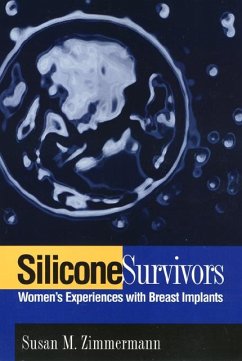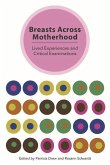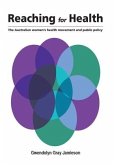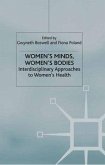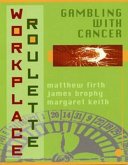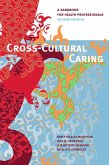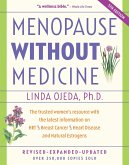Susan Zimmermann talked with forty women about perhaps one of the most sensitive issues of body image and health-their breasts, the chief attribute of femininity. In the aftermath of the early 1990s controversy over the use of silicone breast implants, how do women decide to undergo surgery to enhance or reconstruct their bodies? How does surgery alter a woman's selfimage? How did they face the possibility of debilitating autoimmune disease from rupturing or leaking implants? Some opted for breast implants after mastectomies, others for cosmetic reasons. Some felt empowered by the surgery: "Being a woman, I just like breasts and felt like I got ripped off. . . .I did it for myself". Others were pressured by their husbands: "He used to make fun of parts of my body. . . . And, he made me believe that if I was ever to leave him, no one would have anything to do with me because I was this deformed type of person". After surgery, some women were ecstatic, while others had a sense of inner conflict about what they had done to themselves: were they "faking it"? And a few were angry: "I was really angry inside that I had to put plastic bags filled with chemicals in my body in order for me to feel like I could do the Hoochie Koo on Saturday nights. . . . I didn't wear tight clothes; I didn't want my children to find out". Now, having faced years of medical and personal uncertainty, many have coped by reassessing their lives and their relationships, by sharing information and support with other women with implants, outreach that became a means for self-empowerment.

